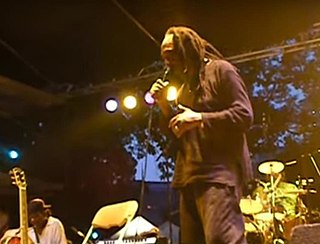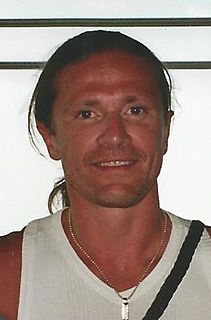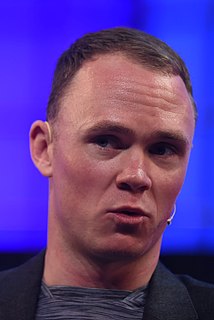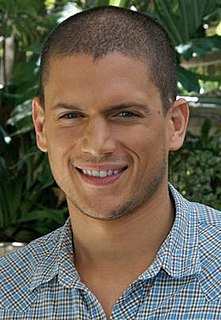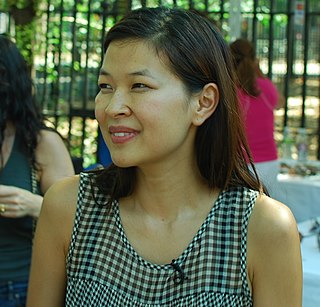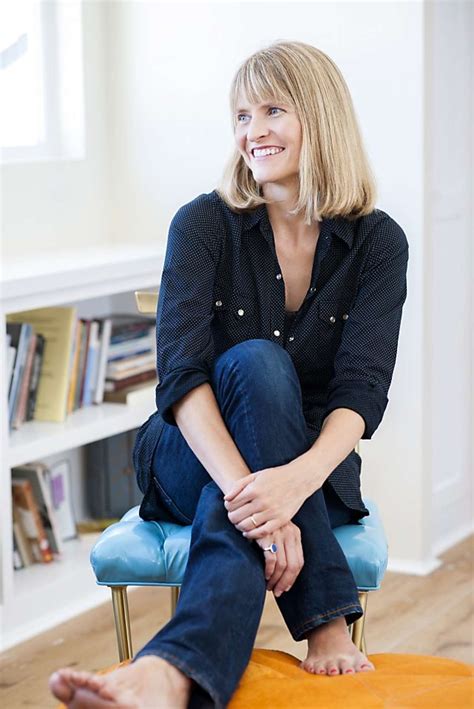A Quote by Rege-Jean Page
Zimbabwe was still a relatively young country when I was living there and its post-apartheid society was only newly formed. Being a mixed-race child in that environment means that you have to think about crafting your own identity and you question why you belong in that world.
Related Quotes
We do not belong to this material world that science constructs for us. We are not in it; we are outside. We are only spectators. The reason why we believe that we are in it, that we belong to the picture, is that our bodies are in the picture. Our bodies belong to it. Not only my own body, but those of my friends, also of my dog and cat and horse, and of all the other people and animals. And this is my only means of communicating with them.
Ever since I was a child, I always had insecurity or suspicions about my own personal identity. That's why I started going to a lot of movie theaters, because I felt more comfortable there than at school. Now, the search for a personal identity is becoming a common topic for young Japanese people, and it's a big theme in their own lives. But it's been a theme in my life, as well, ever since I was young.
We are not post-racial. And in many ways we don't even know how to have a conversation about being post-racial. Until we get out of that old-school way of thinking about race and opportunity and the ability to transcend some of the past of this country, then we're going to be stuck in the 20th-century conversation about race.
I've heard plenty of Christians try to answer the why question by going back to the what. "You have to believe because Jesus is the Son of God." But that's answering the why with more what. Increasingly we live in a time in which you can't avoid the why question. Just giving the what (for example, a vivid gospel presentation) worked in the days when the cultural institutions created an environment in which Christianity just felt true or at least honorable. But in a post-Christendom society, in the marketplace of ideas, you have to explain why this is true, or people will just dismiss it.
The backstory to anyone of mixed race is a lifetime spent being incorrectly perceived and choosing either to allow that misperception to continue or to correct it, so I am aware of identity and race as being much more fluid, I think, than someone who is "purely" one thing or the other. And acting does challenge me to address those particular issues.
Conversations about money, culture, power, class - it's at the center of my identity. I think it's a combination of being born to immigrant parents, growing up relatively poor, and really living in a world where formal institutions, like banks and anywhere that you had to sign a contract, was really feared and avoided at all costs.
I think for diners, it is about crafting an identity around food which we have not really had in a mainstream way in this country. So there is a mass movement of people who identify themselves through their food preferences or even just that they prioritize food - that's where we get this idea of being a foodie.
Nobody would seriously describe a tiny child as a Marxist child or an Anarchist child or a Post-modernist child. Yet children are routinely labelled with the religion of their parents. We need to encourage people to think carefully before labelling any child too young to know their own opinions and our adverts will help to do that.

